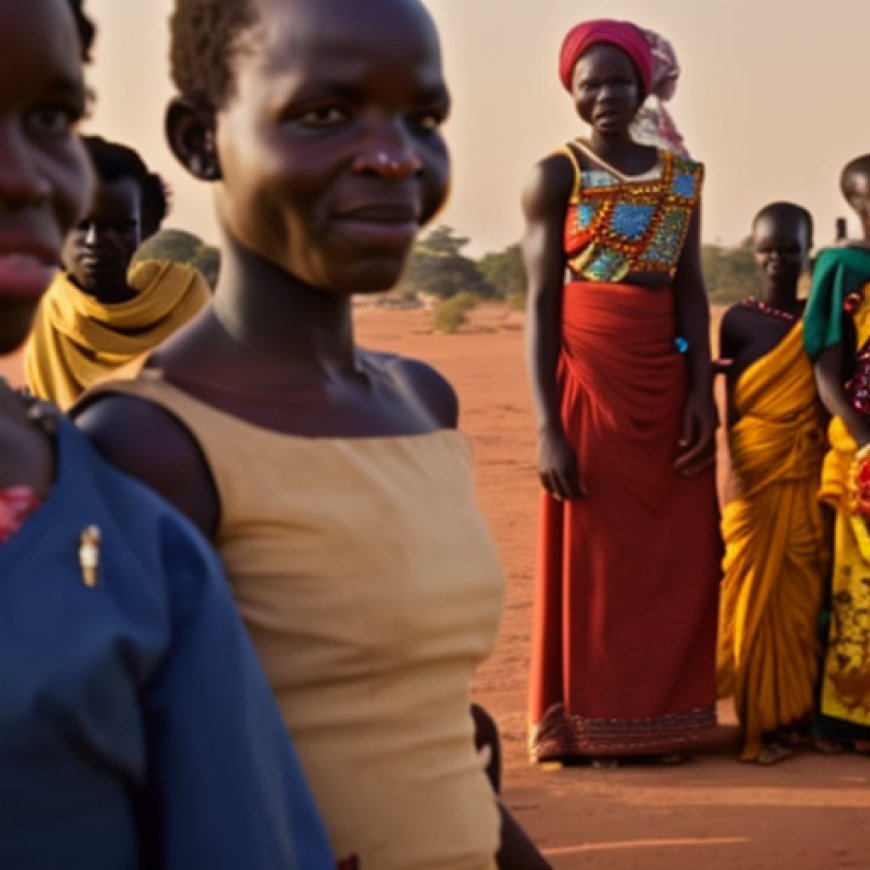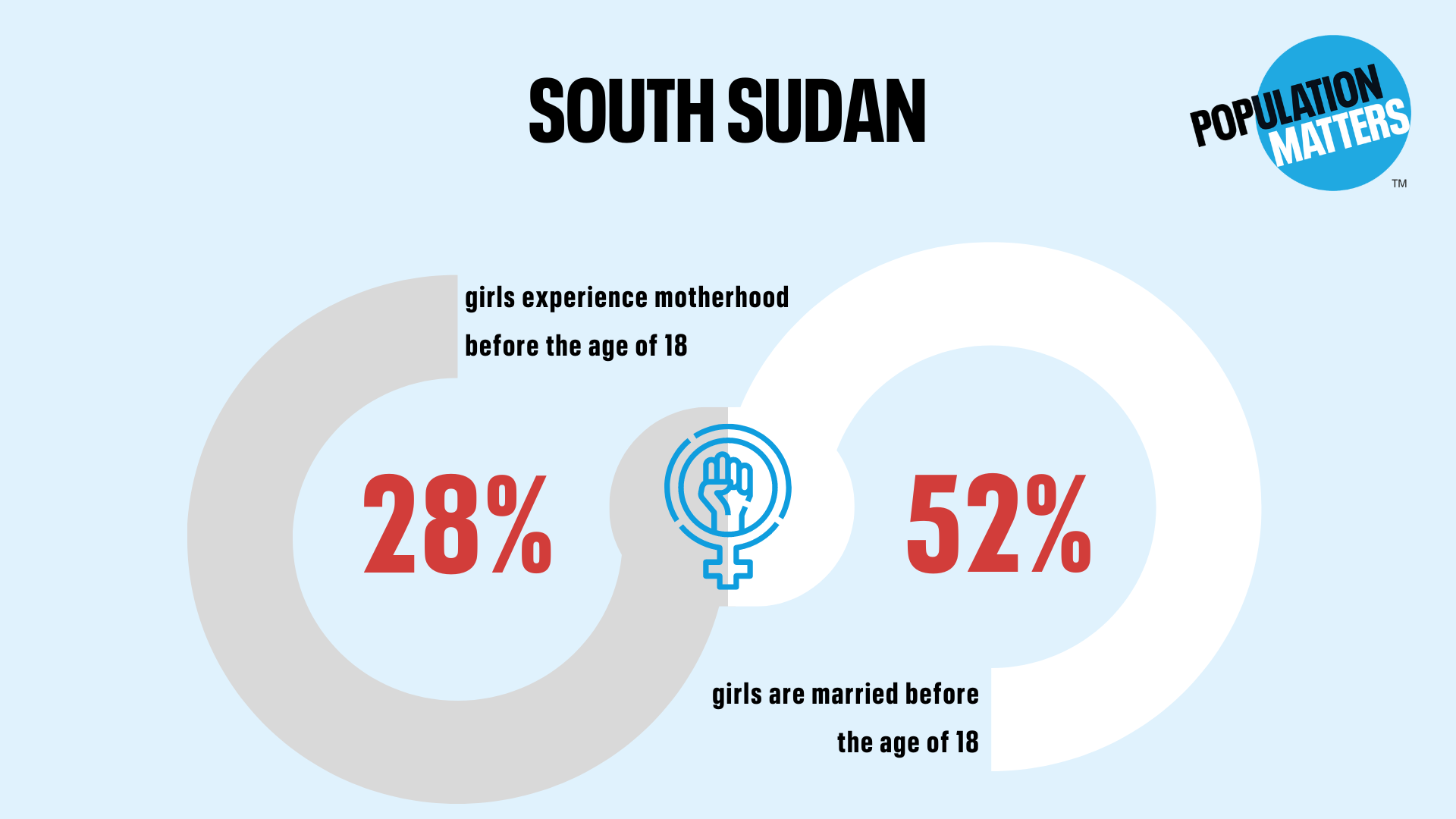NWERO: Empowering Women & Girls in South Sudan Amidst Crisis – Population Matters
NWERO: Empowering Women & Girls in South Sudan Amidst Crisis Population Matters


Empowering Marginalized Communities in South Sudan
Since 2013, the National Women Empowerment and Rehabilitation Organization (NWERO) has been working to empower, advance and protect the rights of marginalized communities, particularly women and adolescent girls in South Sudan. These efforts continue as South Sudan grapples with an ongoing humanitarian crisis and the recent conflict in neighboring Sudan.
The Challenges Faced by South Sudan
South Sudan, a land of unparalleled biodiversity, boasts the world’s second-largest wildlife migration, akin to the famous Serengeti, and is home to Africa’s largest wetland. However, beneath its natural splendor, the country contends with political instability and internal conflicts that have contributed to persistent poverty, restricted access to education and healthcare, and underdevelopment.

These challenges disproportionately impact women and girls due to deep-rooted patriarchal norms and harmful social customs that undermine their fundamental rights and curtail their decision-making autonomy.

The Impact of the Conflict in Sudan
Adding to these challenges, the conflict in Sudan since April 2023 has caused a regional humanitarian crisis, displacing over 3 million people. This conflict has led to an overwhelming influx of South Sudanese returning to seek safety in their homeland, which already faces some of the highest levels of displacement and humanitarian need in the world. These challenges are further compounded by the effects of climate change and the COVID-19 pandemic.
Empower to Plan: Supporting NWERO’s Initiatives
In this complex landscape, NWERO, our new Empower to Plan partner based in the capital of South Sudan, Juba, is working with women, adolescents, and the wider community to implement vital socio-economic community development initiatives focused on gender justice, gender-based violence (GBV) prevention and response, and sexual and reproductive health and rights (SRHR).
How You Can Help
- Train 25 vulnerable adolescent girls and young women (aged 16-24 years), who previously dropped out of school, in SRHR education, including GBV prevention. This will empower them to make informed choices regarding positive health practices, family planning, and assert their sexual and reproductive rights.
- Establish an adolescent health club in a school which will serve as a platform for open discussions about SRHR issues, such as teenage pregnancies, sexually transmitted infections (STIs), and GBV.
- Conduct monthly community meetings on HIV/AIDS and GBV prevention, SRHR, promoting access to family planning services and nurturing a pro-choice health-seeking mindset in the community.
- Produce and broadcast radio jingles on SRHR, enhancing awareness about family planning, contraception, and the benefits of proactive health planning for mothers and infants.
Through the active involvement of beneficiaries and key stakeholders, including the Juba County Health Department, the project will empower women and girls, enabling them to make informed decisions involving their futures.
With financial support from Population Matters, we will be able to nurture and empower women and girls in South Sudan around SRHR, HIV, and GBV issues. We hope to reach out and engage with the community, including the returnees from Sudan to discuss and address these issues, and reduce vulnerabilities.”
Editha Meling Leju, Executive Director, NWERO
The Importance of Your Contribution
With one of the highest maternal mortality rates in the world at 789/100,000 live births (WHO) and access to public healthcare at only 28%, women in South Sudan face heightened health-related vulnerabilities, depriving them of their rights. Moreover, decades of conflict have sustained a culture of violence that continues to permeate throughout society, especially against women and girls – adding to the complexities of their situation.
Join us, as fellow seekers of change, on a transformative journey at https://sdgtalks.ai/welcome, where you can become a member and actively contribute to shaping a brighter future.
 populationmatters.org
populationmatters.org








